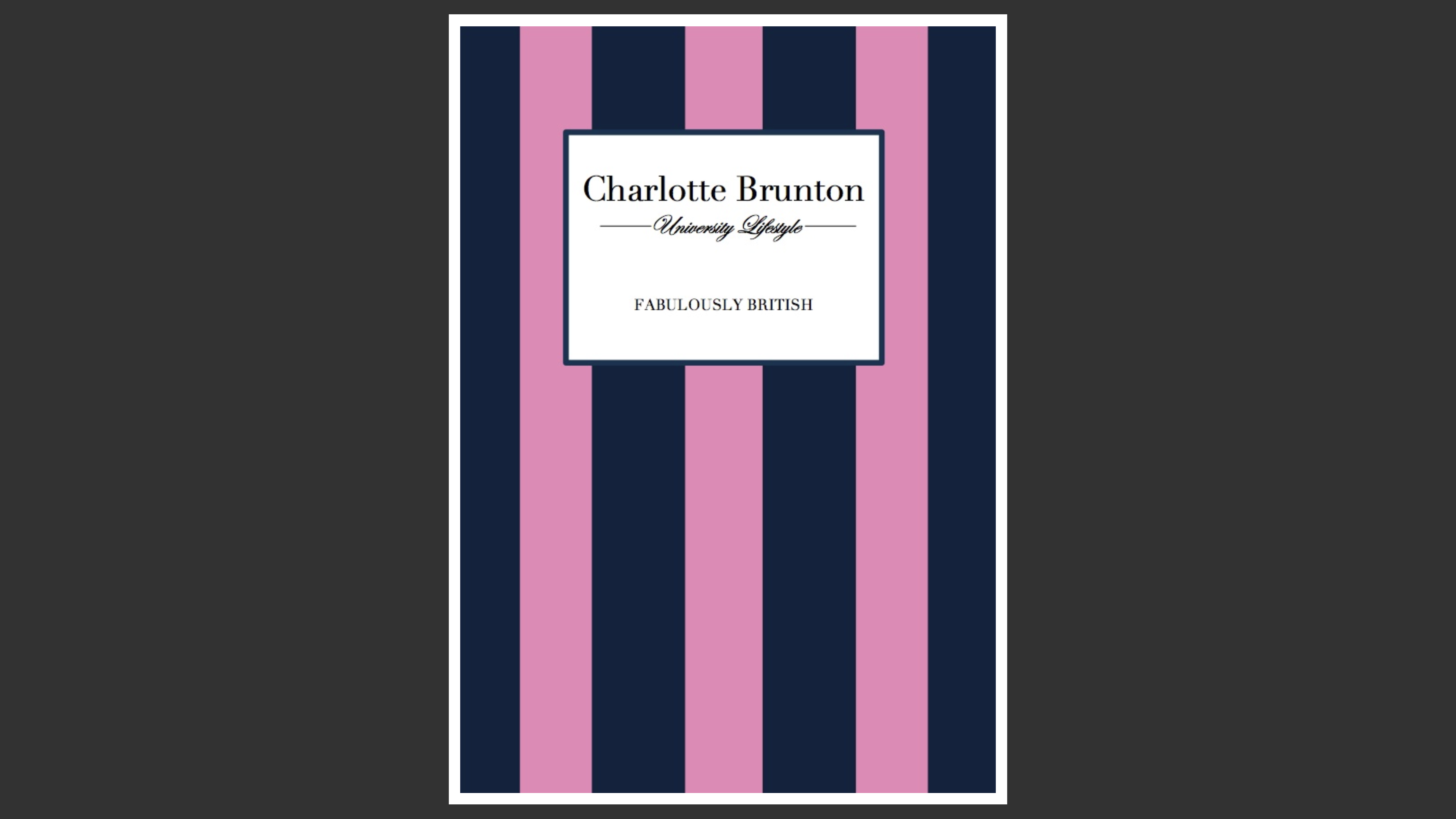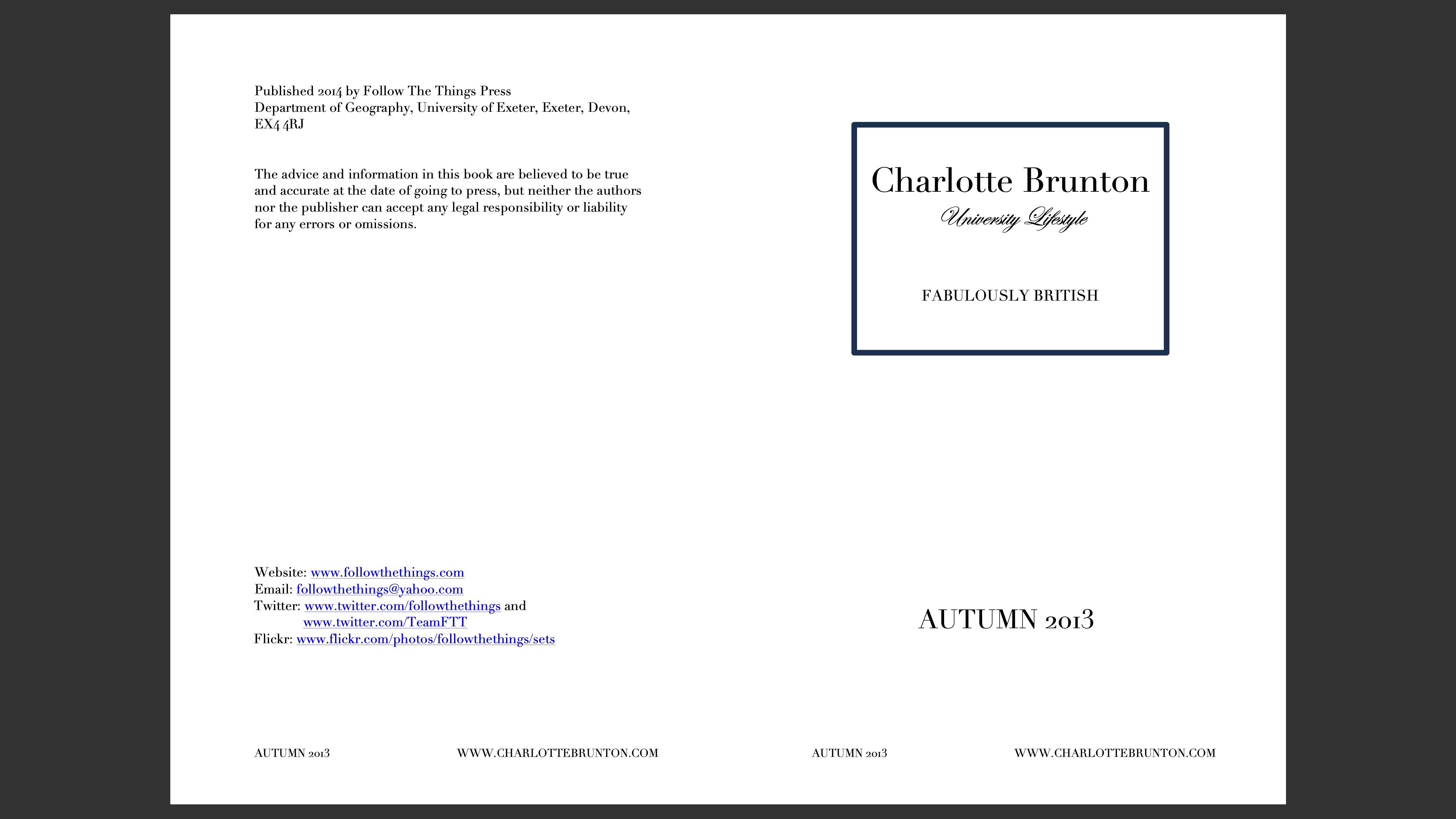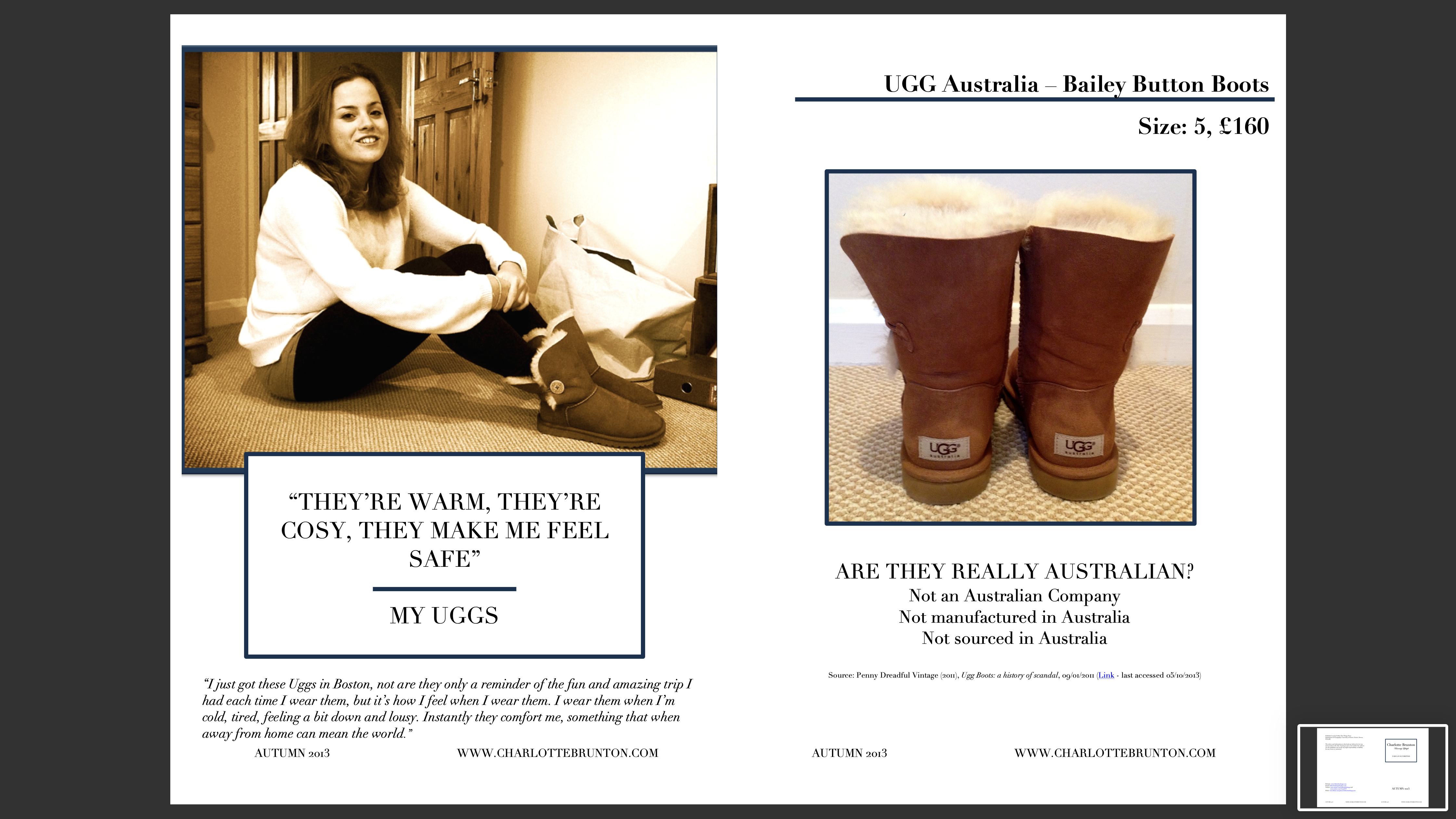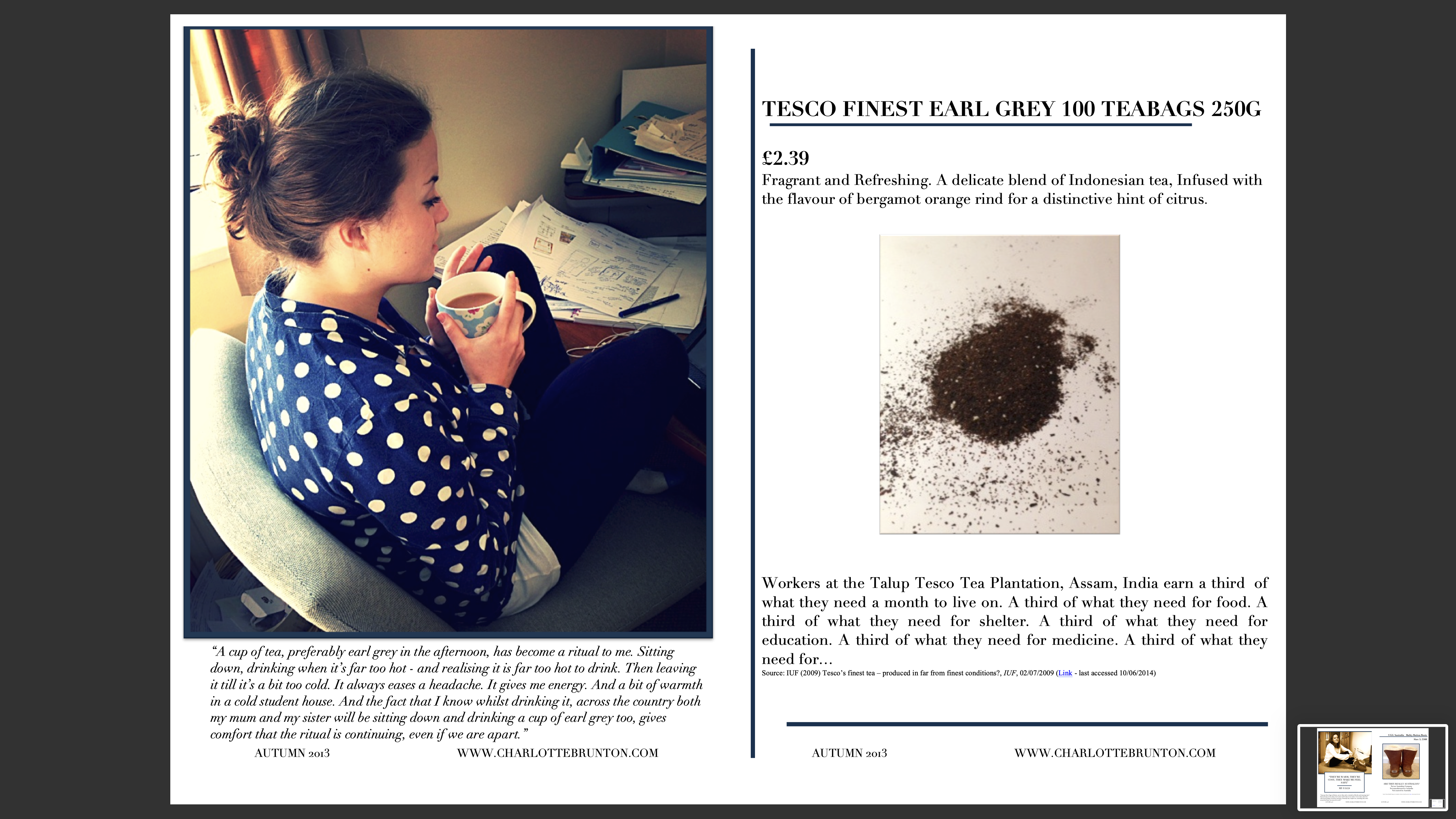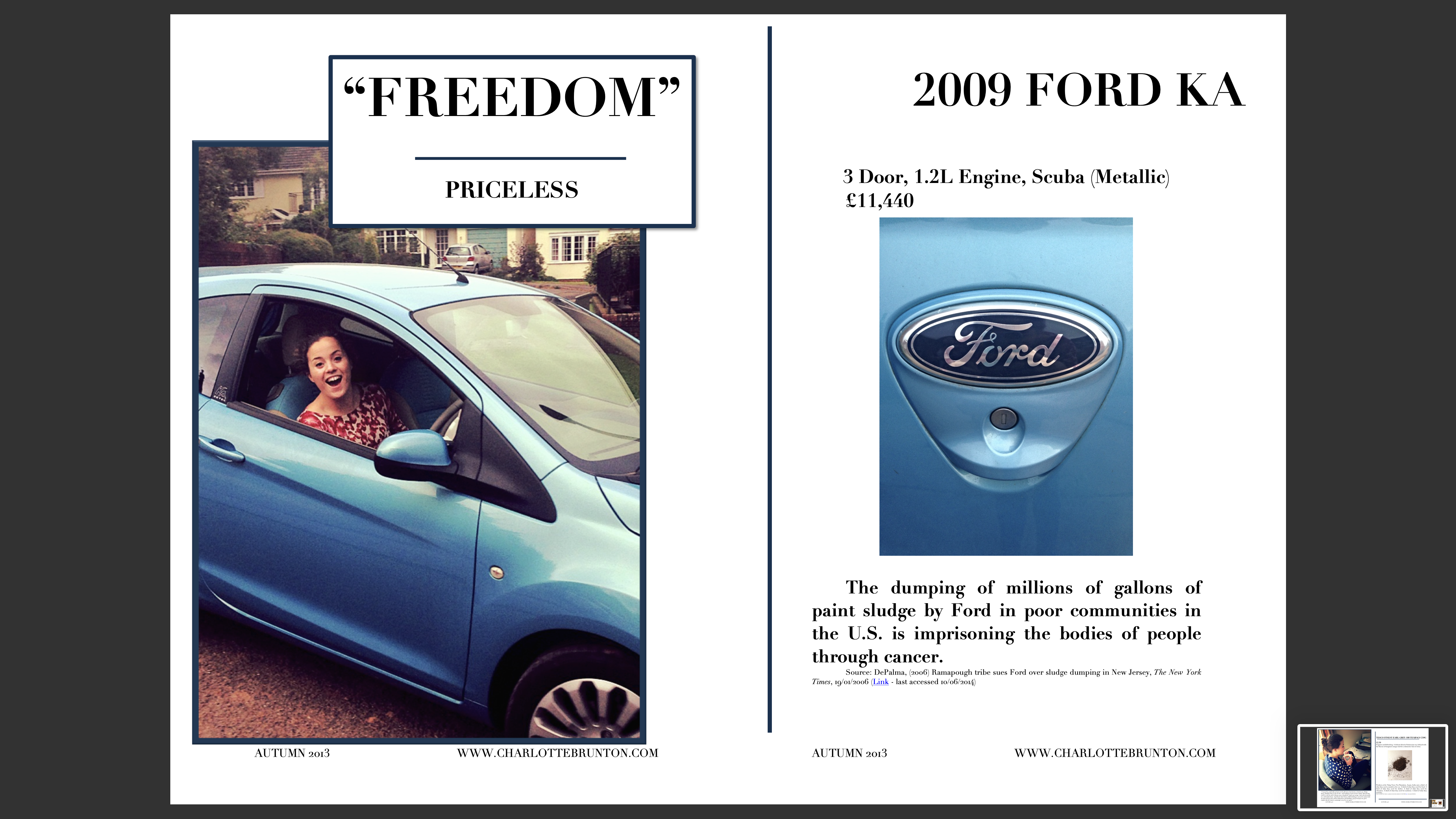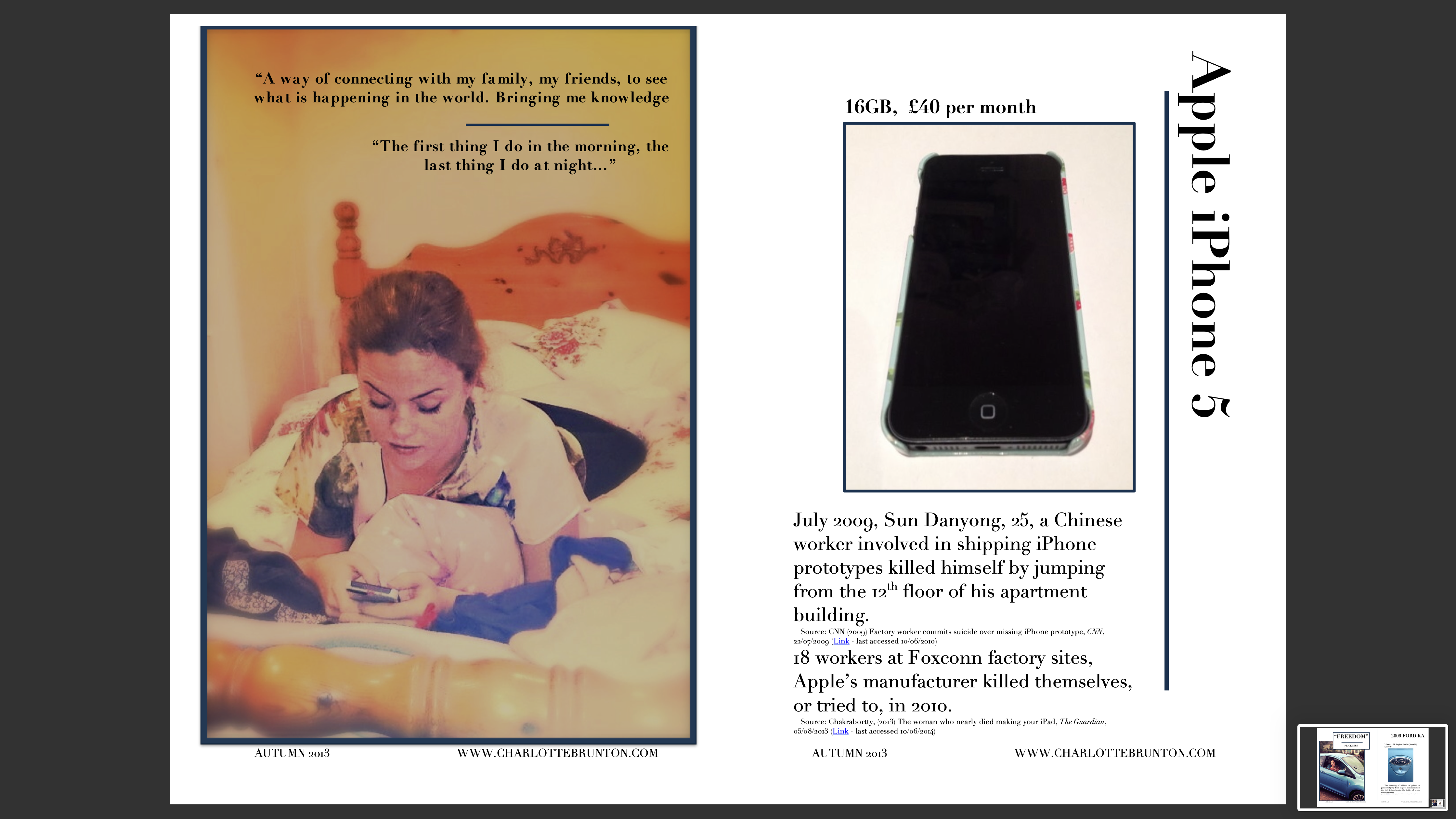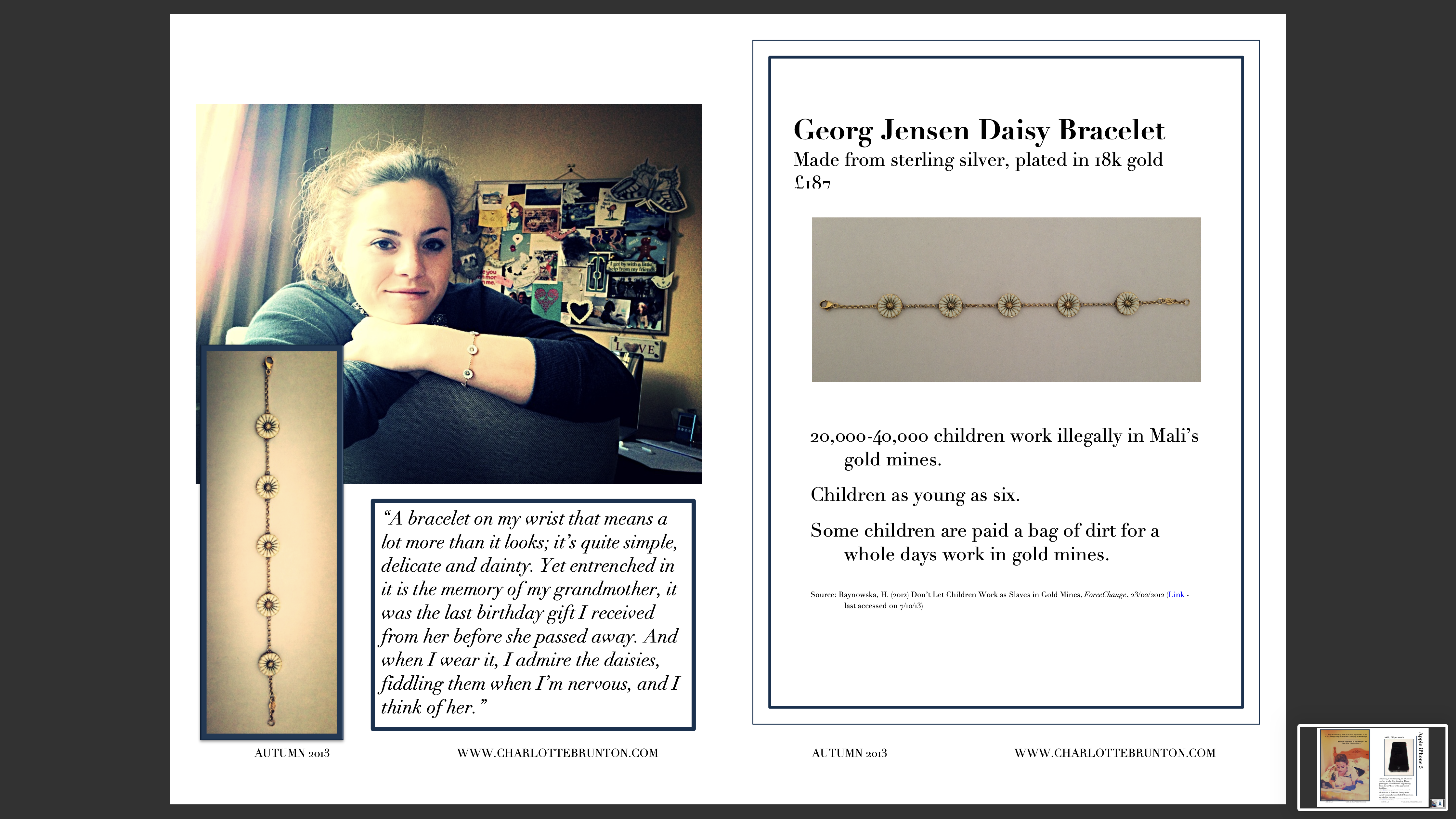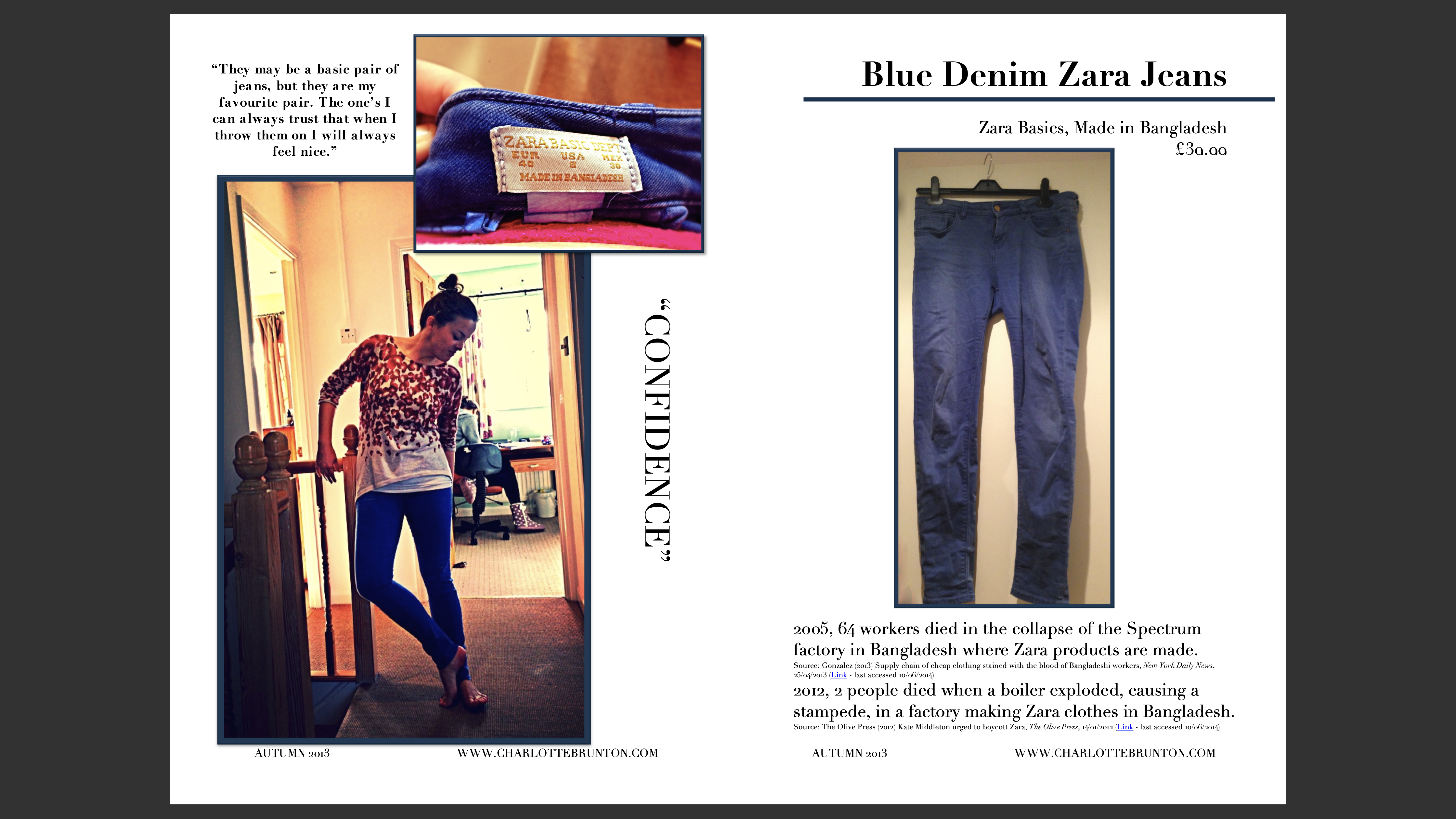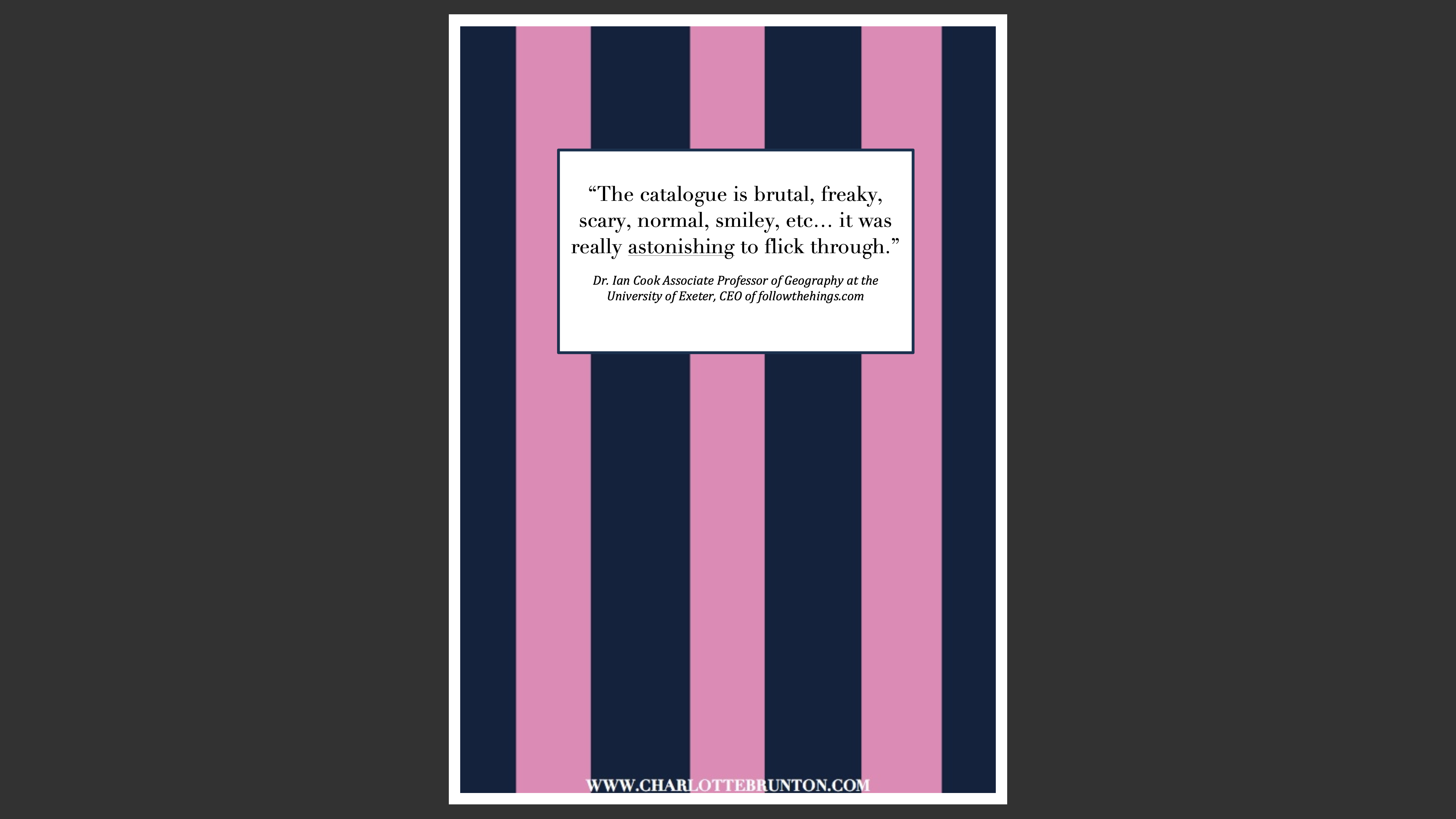
followthethings.com
Fashion | Sport & Fitness
“Dream Crazy“
An advertising campaign for Nike by the Wieden+Kennedy agency.
Video ad embedded ABOVE. Full campaign materials here.
It’s the 30th anniversary of Nike’s ‘Just Do it’ campaign. So the advertising agency hired by the brand most associated with sweatshops hires an African American football player called Colin Kaepernick to front it. He’s the quarterback who became famous in 2016 for taking the knee during the national anthem before games because, he said, ‘I am not going to stand up to show pride in a flag for a country that oppresses Black people and people of color’. After George Floyd was murdered by a police officer in 2020, taking the knee became associated with support for the Black Lives Matter movement. Condemned as unpatriotic by many, including President Trump, Nike was courting controversy by making Kaepernick the figurehead of its campaign. But he could show that by ‘dreaming crazy’, marginalised people like himself could excel. And Nike could be part of this. But strange things happened. People who did’t like Kaepernick and the Black Lives Matter movement started burning their Nike gear, criticising its production overseas by sweatshop workers and boycotting the brand. Others normally critical of Nike said they’d buy more from them because of their support for BLM. Others asked why the lives of Nike’s Black consumers and consumers of color mattered more than the lives of their Black producers and producers of color. What did Kaepernick know and think about these marginalised people and their dreams before he took Nike’s money? This kind of advertising – where, for example, civil rights are used to mask labour rights – is called woke-washing. Nike seems to be running this campaign to stir controversy, by launching it on Labor Day bang into the US’s toxic ‘culture war’ around BLM. This campaign itself isn’t trade justice activism. But the responses to it are. The debates that it can take you into are around ‘systemic racism’ and ‘racial capitalism’. Why is it that the workers trade justice activists are concerned about tend to live in the Global South and be people of colour while the consumers they address tend to live on the Global North and seem by default to be white? How did that happen? Can trade justice / follow the thing activism be decolonised? Who would do this work? What commodities would they trace from where to where? What would they make for what kinds of audiences to act upon? And you might be wondering if this controversial campaign does Nike any harm. No. Its impact was much more about the uncomfortable, progressive, ‘mind-f$@k’ conversations that it sparked. Thank you Colin…
Page reference: Louise Mason, Maddy Shackley, Izzie Jeffrey, Megan Holden, Sophia Stainer, Emily Taylor, Andrew Gamble & Monty Leaman (2018) Dream Crazy. followthethings.com/dream-crazy.shtml (last accessed <add date here>)
Estimated reading time: 101 minutes.
Continue reading Dream Crazy ![]()


